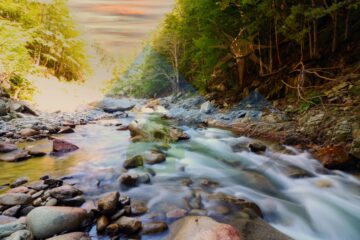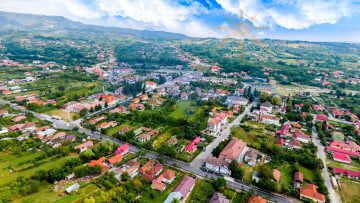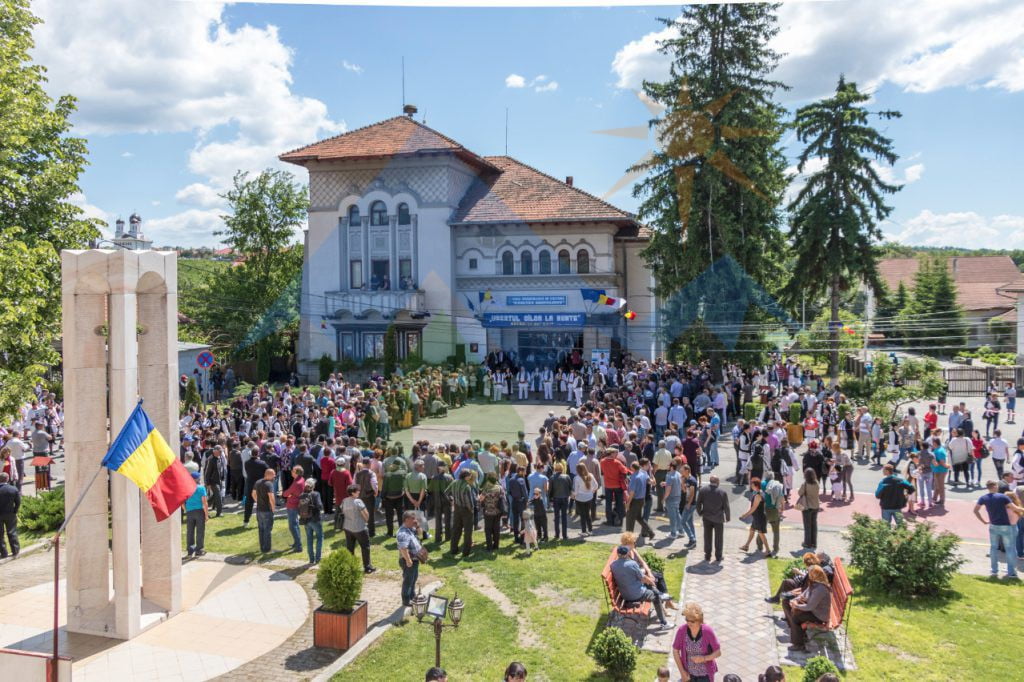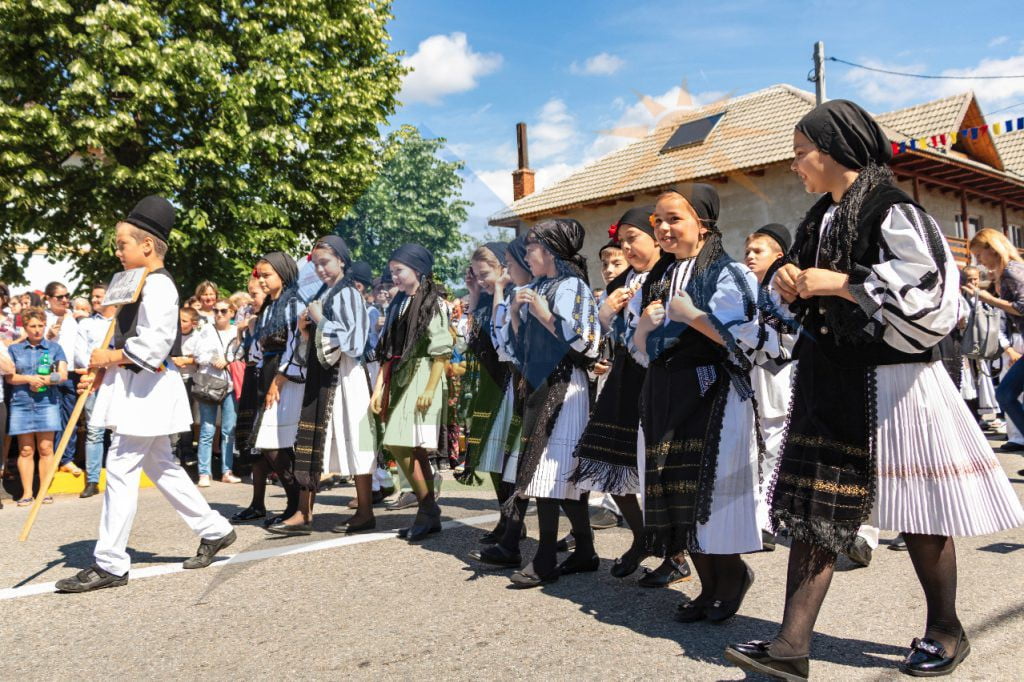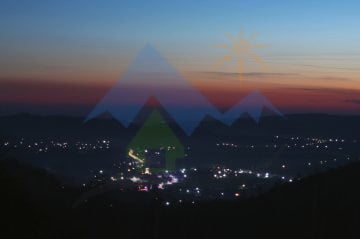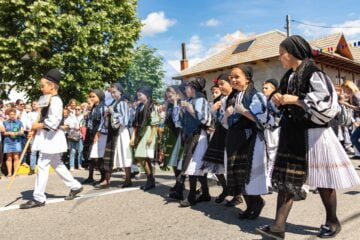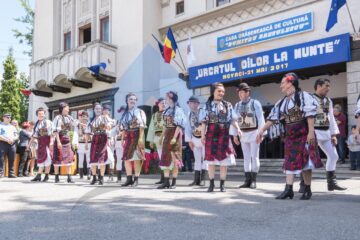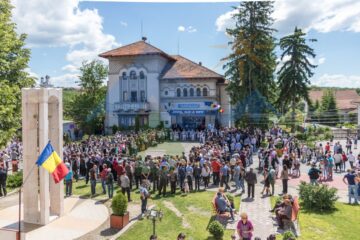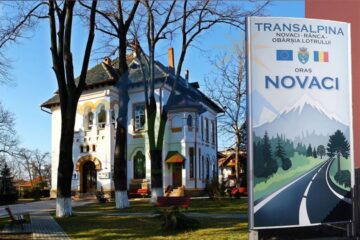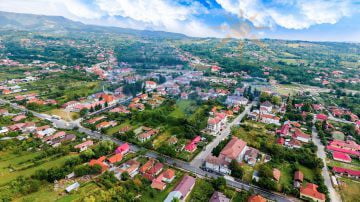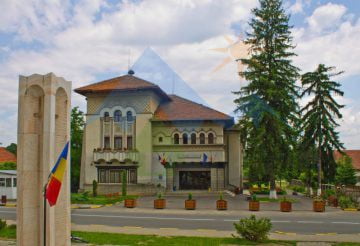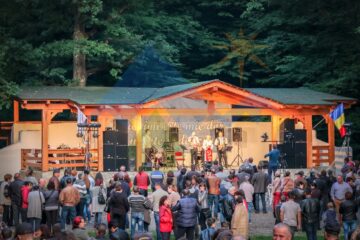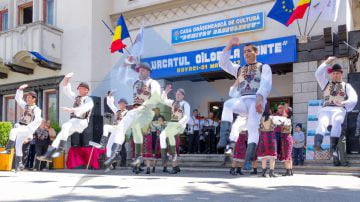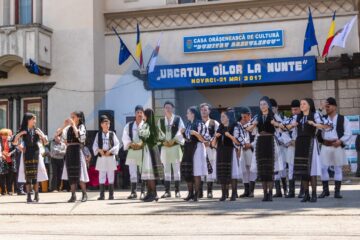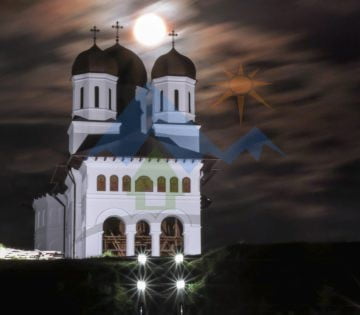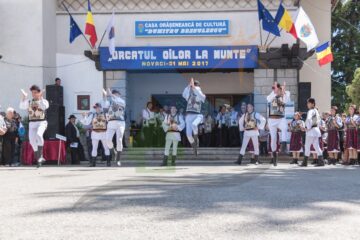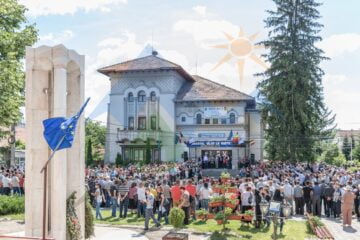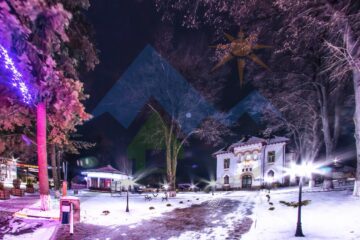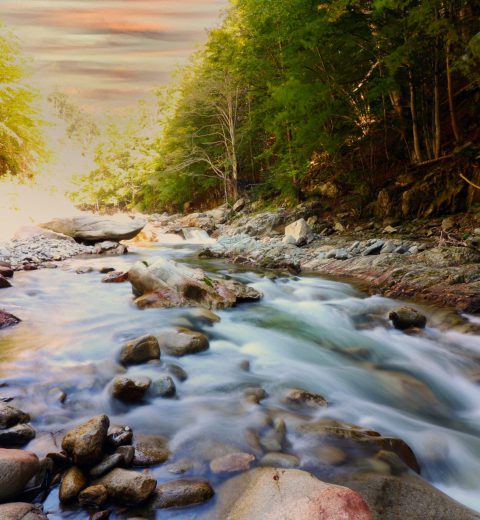Novaci, the base of tradition in the pastoral area of Oltenia.
Many Romanians who hear about the pastoral area of Oltenia think of Novaci. Here, at the foot of Mount Parâng, where Transalpina starts its journey to the mountains, shepherds from Mărginimea Sibiului used to live quietly until 1918. In the past, when there was no tourism or logging, the people of Novaci lived in a place that could easily be called a forgotten settlement. Nowadays, more and more tourists passionate about mountainous areas and customs, traditions, and habits come to Novaci. Many of them do not know where to look first and which landscape to enjoy the most.
In “România pitorească” by Alexandru Vlahuță, we find a description of Novaci as it looked at the end of the last century: “Around noon, we enter Novaci – a never-ending village, located at the foot of the mountains, in the beautiful valley of the Gilort River. White houses, covered with thatch, rise here and there, scattered among orchards. The Gilort River flows through the middle of the village, setting in motion mills, waterwheels, and gears, whose rumble echoes in the grove of poplars that stretches along the river.”
Before Transalpina was asphalted, tourists and residents of Novaci had access to the Parâng Mountains through the Gilort Valley, passing through the Gilort Gorges. They would only reach Rânca Resort after leaving behind Mount Dâlbanu. Since the summer of 2014, when strong floods destroyed part of the gorges and the road that meandered among the rocks, the only access route to Rânca is the Transalpina road, passing through Plaiul Novacilor, near Dealul Scărița, and over the mountains of Cerbu, Plopu, Florile-Albe, and Corneșu. In the past, only shepherds would venture to the high pastures of Parâng from there to watch over the village of Novaci.
“The ascent of the sheep to the mountains,” the festival of the Novaci shepherds
Not being a religious holiday, “The ascent of the sheep to the mountains” is the day dedicated to the shepherds of Novaci. It is celebrated on the third Sunday of May, in the Hirișești Forest, close to the religious holiday of the Feast of Saints Constantine and Helena. This date is considered auspicious by the locals for taking the flocks of sheep up the mountains.
In 1968, local authorities wanted to organize an event in honor of the shepherds. At first, it was simply called “The Day of the Shepherds.” Over the years, the event has gained momentum and has come to be called the Festival of Song and Shepherd’s Costume “The Ascent of the Sheep to the Mountains.” The festival carries with it an old custom of the people of Novaci, transhumance. After spending long winter nights on the plains of Bărăgan or Banat, in blizzards, snowstorms, and rain, the shepherds return to Novaci, celebrate their day, and then slowly head towards the green pastures of the mountains. The road between Novaci and Parâng is also called the old road of transhumance. The sheep roam the mountain trails all summer, until late autumn brings the snow.
Folklore, the Greatest Treasure of Novaci
The folklore of Novaci includes songs, dances, shouts, and shepherd costumes. In the shepherd villages belonging to Novaci, on the left side of the Gilort River, tourists can still hear the ancient language of the elders, with words like “văruță” (cousin), “soriță” (little sister), “dodă” (godmother), “coană” (aunt), “țață” (father), or “leliță” (maiden) being constantly used in speech. Those interested can also learn about Novaci legends, as almost all the inhabitants here know fantastic stories.
The songs that are part of the folklore, whether from Oltenia or Transylvania, have the role of transmitting old messages to the listeners. The shepherd songs from the Sibiu area and the Novaci interference zone transmit incredibly detailed information about the lives of shepherds who have gone to the mountains and the lives of women who have stayed in the village to take care of the households. The shouts also had an interesting role. To show their joy of being present at the hora (traditional dance) played every Sunday in the town center, the people of Novaci used shouts adapted to different rhythms of the music.
P.S.: If you want to learn more about traditional music, shepherd costumes, or legends, feel free to visit the town of Novaci. For those who are undecided, we, the TransaTravel team, can provide information. We have texts about everything. The curious just need to come to Novaci or ask us for information that will convince them to visit the land of Gorj shepherds as soon as possible.

